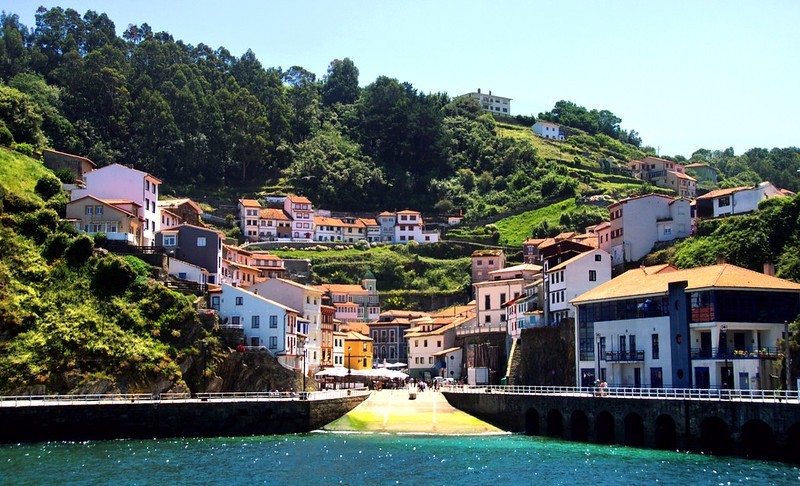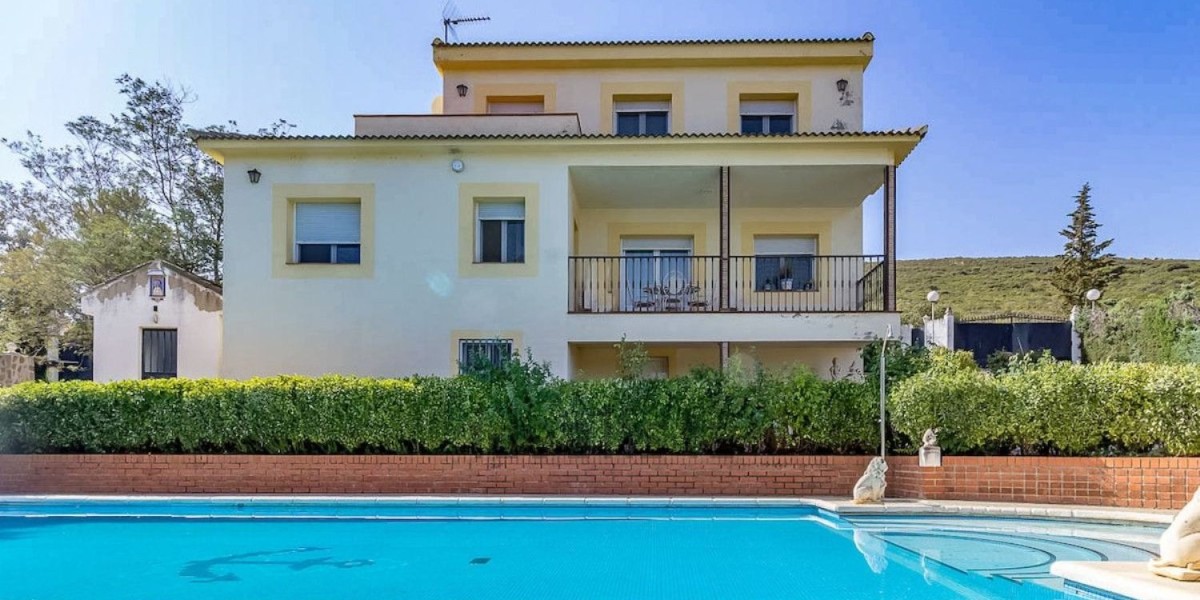
Spain is a country rich in cultural, historical and natural diversity. Among its many attractions are its villages, which preserve the charm, tradition and beauty of yesteryear. There are options to suit all tastes, from areas where Moorish heritage reigns supreme, such as Albarracin (Teruel), to choices for lovers of seaside architecture, such as Cudillero (Asturias).
These are just a couple of Spain's villages, each with its unique character, history and magic. Moving to one of them requires careful consideration but offers many advantages to those who decide to do so.
If you want a change of pace, a greater connection with the environment and peaceful living, village life can be a good option.
Connection with nature
Living in a village means you can enjoy beautiful landscapes, fresh air, peacefulness and biodiversity. This improves your physical and mental health, as being in contact with nature lets you breathe cleaner and purer air, benefiting your respiratory and cardiovascular systems.
Moreover, controlled sun exposure contributes to better vitamin D synthesis, which is essential for our body to function, as it is directly involved in calcium absorption, bone strengthening, the immune system and preventing diseases, such as osteoporosis and depression.
As a bonus, you can enjoy nature's beauty and diversity, with its stunning scenery, varied colours, soothing sounds and various animal and plant species.
A much more relaxed lifestyle
When you live in a village, busy schedules seem to go out of the window, which means more time to listen to your own thoughts and take advantage of the rural surroundings with your family. There are many benefits to a more relaxed lifestyle:
- Helps you concentrate better on tasks and be more creative
- Helps you switch off from your worries and face problems more calmly
- Builds resilience to digestion problems and other stress-related illnesses
- Helps prevent premature ageing and improves skin's appearance
- Improves self-esteem, mood and interpersonal relationships
Better personal relationships
"Everyone knows everything in a village," which is directly linked to having more contact between neighbours. A gesture as simple as maintaining personal, close and community relations is good for several reasons:
- Improves communication, respect and collaboration between people sharing communal space
- Expanding your network of contacts and social support makes it easier to access job opportunities, favours or recommendations.
- A greater sense of belonging improves self-esteem, mood and happiness
- Preventing loneliness and social isolation has a positive impact on physical and mental health
- Encourages empathy, tolerance and solidarity between people of different ages, cultures and opinions
- Improves safety and care for the environment by having people who care for the common good

Larger and more affordable housing
The price per square metre in villages is generally lower than in big cities, giving homeowners more space and extras, such as more bedrooms, a roof terrace or a swimming pool.
Buying a home in a village with less than 5,000 inhabitants in Spain is 51.8% cheaper than the national average. For example, the average price per square metre in El Carpio de Tajo, in Toledo, in April 2023 was €407/m2. In contrast, the average property price for sale in Madrid for the same date was €3,977/m2.
Tax reductions and grants
In some autonomous communities, residents of villages at risk of depopulation receive reductions for rent, for buying and rehabilitating housing, for setting up self-employment in rural areas or for the costs of nursery schools.
Personal income tax deductions for buying, renovating or renting a main residence are available in rural areas at risk of depopulation and vary according to the autonomous community, but can reach up to 20% of the amounts paid, with a maximum limit of between €700 and €10,000 per year.
Inheritance and gift tax relief are also available for buying properties in villages with less than 5,000 inhabitants or with a population density of less than 12.5 inhabitants per square kilometre.
Less pollution
Less traffic and less litter than in larger cities, combined with their closeness to forests and beaches, make for a cleaner environment in general.
Although pollution can affect both urban and rural areas, depending on what factors cause it and what measures are taken to prevent or reduce it, some characteristics favour there being more pollution in cities, such as industrial activity, which can generate air, water or soil pollution through the emission of gases, liquids or toxic waste.
There is really no direct relationship between living in a town and having less pollution, but it depends on many factors that can vary from place to place and time to time. What you can do is adopt more sustainable and environmentally friendly habits wherever you live.
Village life is more affordable
The cost of living in a village depends on many factors, such as housing, food, transport, leisure and telecommunications. However, living in a village is generally cheaper than living in a city.
To get a better idea of living costs in a town, the consumer price index (CPI) or household purchasing power can be consulted. These indicators can be used to compare the cost of living between different territories, considering the rent and the prices of other goods and services.
According to these indicators, the most expensive cities in Spain are Madrid and Barcelona, where the cost of living is 20% higher than the national average. The cheapest cities are Elda-Petrer (Alicante) and Puertollano (Ciudad Real), where the cost of living is 31% lower than the average.

Lower stress levels
In villages, the pace of life is more relaxed, and certain factors help to reduce stress:
- Lower noise, air and light pollution levels, potentially promoting rest, health and well-being.
- More contact with nature, which can provide psychological benefits such as relaxation, reduced anxiety and improved mood.
- A lower cost of living, potentially alleviating economic pressure and allowing for a higher quality of life.
Boost your physical health
Living in a village can improve your health because of certain aspects:
- Less pollution and increased contact with nature can improve rest, relaxation and mood, and prevent respiratory and cardiovascular diseases.
- A greater sense of community and social support can facilitate integration, collaboration and happiness.
- Reducing exposure to city-specific stressors, such as traffic jams, rushing and pollution.
Parking close to home
This may seem minor but could solve the recurring problem of a lack of parking space in cities.
Although this advantage depends on several factors, such as size, location and time of year, the parking standards and options available, it is clear that due to having a smaller population than in cities, there is more space to park.